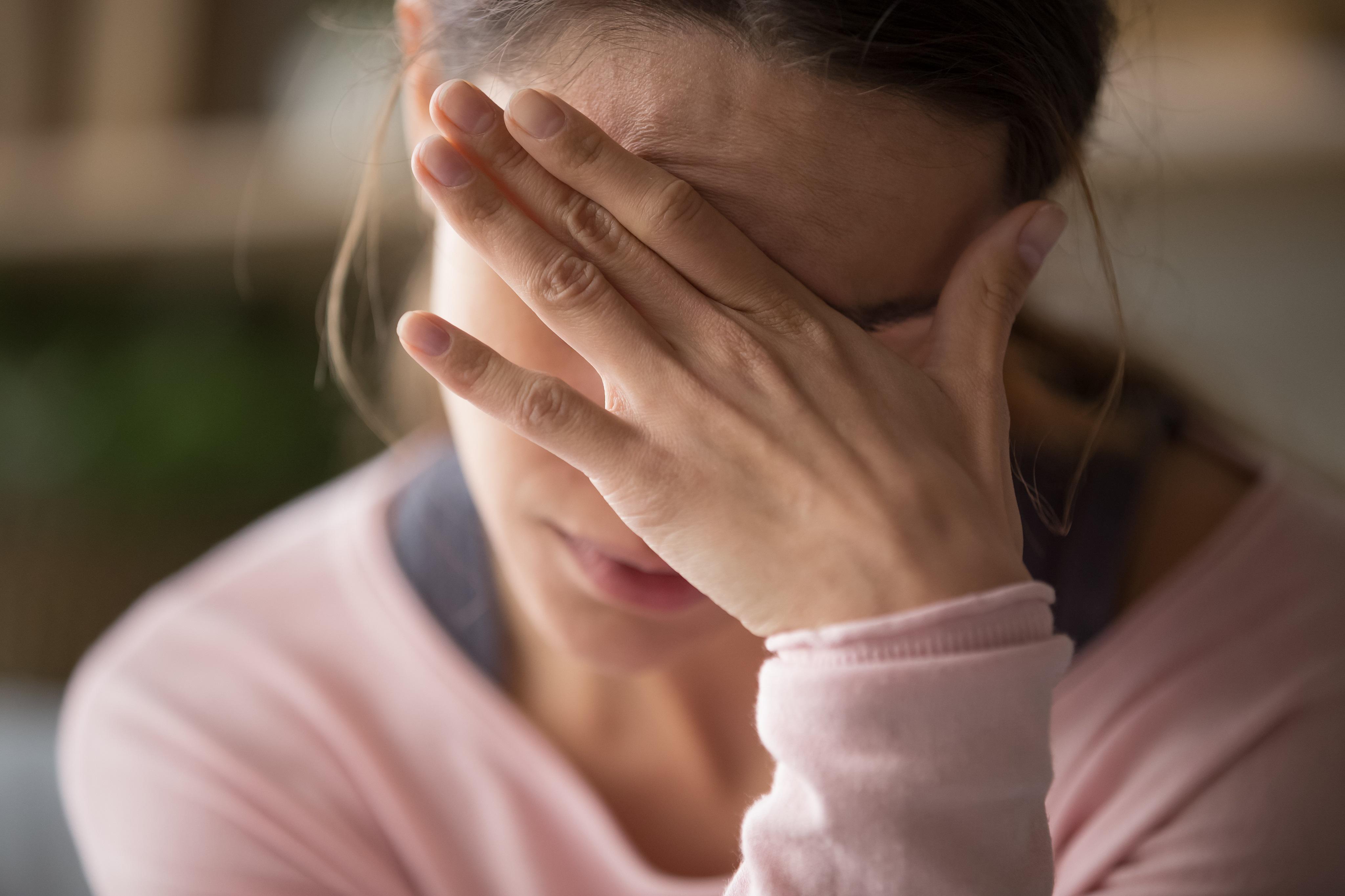In anxiety treatment, you can acquire tools to gradually gain better control over your unpleasant emotional and physical reactions, so you can quickly stop, regulate and manage your anxiety and thus improve your quality of life.
Anxiety is a vague, deep feeling of uncertainty that you can feel suddenly. Often you cannot identify the external cause of the anxiety. It causes physical discomfort that permeates you, leaving you feeling uncertain and paralysed. It is as if you do not know where or how to orient yourself and you cannot get a grip on the anxiety.
Anxiety Is Different From Fear And Nervousness.
Fear refers to a specific danger. You might be afraid of a car that’s about to hit you. Fear is an appropriate response.
Nervousness is a feeling of uncertainty, inferiority, fear or anxiety about not being able to meet your own or others’ expectations of you.
The question is whether the anxiety precedes what is causing the anxiety. The exact causes and mechanisms of anxiety are not known. It involves a combination of biological and psychological factors. In addition, anxiety consists of four components: feelings of anxiety, physical symptoms, anxiety-related thoughts and avoidance behaviour. A distinction is made between a rational reaction to a specific danger, fear, and a more free-floating anxiety that lacks clear signs of danger. Individual therapy, development, counselling, psychotherapy, psychotherapist,
Anxiety can be so debilitating that medication is tried, but the medication only relieves the symptoms and does not address the root cause of the anxiety – and unfortunately medication has unwanted side effects. If you want to stop or reduce your medication, you can read more here
There are Different Types of Anxiety Disorders:
1. Panic disorder: the problem with panic disorder is not the panic attacks themselves, but the person’s anxiety and worry about them, with symptoms such as muscle tension, restlessness, difficulty swallowing, irritability, concentration and sleep problems.
2. Agoraphobia: It starts with panic attacks. Agoraphobia means “fear of heights”, the fear of being surprised by another panic attack in places where it is uncomfortable, difficult to escape or get help.
3. Generalised anxiety disorder: manifested as persistent anxiety or nervousness experienced over a prolonged period of time. It can be worries about work or study, or excessive nervousness about accidents or illnesses that affect you or your loved ones. Den irrationelle angst. You realise that your worries are unrealistic, but you cannot control them.
4. Social phobia: In social phobia, you may experience bodily reactions such as hand clotting/coldness, increased pulse rate, sweating, palpitations, increased breathing and nausea in the company of other people or during exams.
Stress
Do you feel stressed, exhausted, overwhelmed, lack of energy, tired, lack of overview and chaotic within yourself? These symptoms can indicate stress or impending burnout at work or in family life. We usually associate stress with some kind of physical or mental imbalance caused by problems in the environment that are either overwhelming or that we cannot overcome. Stress causes physiological and chemical changes in the body that lead to illness, including by breaking down our immune system. Stress reactions occur when we feel a lack of control or when we are faced with demands or overload and lack of influence.
Symptoms of stress can include muscle tension in the neck and shoulders, back pain, headaches, fatigue, confusion, poor memory or mood swings. Therapy works on influencing your own life:
- What is it like now?
- How would you like it to be?
- What are the obstacles that prevent you from achieving it? This will inform your choices in everyday life. The aim of therapy is therefore to help and support you to find new and different ways of doing things that will give you more satisfaction and therefore less stress. See also individual therapy.

